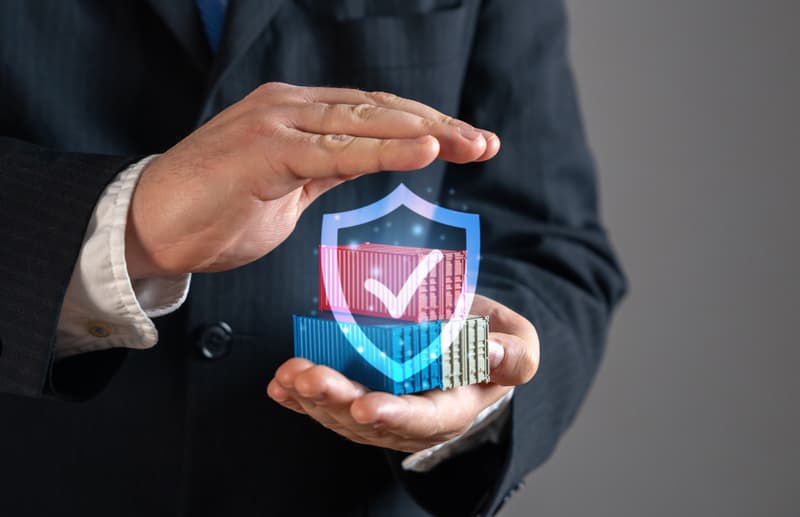
Whether it’s finally moving your bakery service out of the kitchen at home or selling product to people other than immediate family, starting a legitimate business is no easy feat. It requires time, money and energy to get a dream off the ground and safeguard it from external threats. Keep reading for tips on launching a small business and maintaining secure operations.
Mission
Great businesses don’t bloom overnight. Your idea might be ready to go, but how do you bring it to fruition? Recognizing the overall purpose of the business puts you in a position to determine sales and profit goals, customer experience objectives, and other important aspects of the company mission. Many people buy from companies whose brands align with their personal values. Emphasize your business’s contribution to the greater good and see it translate into sales.
Inventory and Market
Once you have an idea, how will you cultivate public interest? Have you targeted the right audiences? Is there a market for the product? If you want to keep people coming back, it’s important to build relationships, know the competition and retain business.
Budget and Profit Strategies
As with most creative professional endeavors, setting a budget goes a long way. Whether money is used for product, employee wages or marketing strategies, a budget that will enhance profit margins is key. Without a budget, you might have trouble keeping the right amount of product stocked or investing in long-term plans of action.
Security
One of the most crucial elements of a small business is having valuables on lock. This doesn’t just mean physical inventory but also online assets. Protecting passwords, client information and bank account numbers is vital in providing the safest processes for clientele. Invest in guarding the property with security cameras, alarms and entry management to make sure your business is protected.
Hackers often target small businesses with vulnerabilities in physical and virtual assets. They may try to lure you in with a virus-encrypted email or fishy attachment. Devote time to training employees on cyber security and make sure to maintain proper cyber hygiene through updated security software and sensitive-data protection. For more ways to keep your small business safe and technologically secure, check out the accompanying infographic.

Author bio: Travis Ray is Director of Customer Care & Strategic Marketing for KEYper® Systems, a key management and storage systems company. Ray is responsible for overseeing the customer care team that provides software and hardware support for new and current clients.
Sources:
https://www.sba.gov/business-guide/manage-your-business/stay-safe-cybersecurity-threats
https://articles.bplans.com/10-things-every-small-business-in-america-needs-to-do/
This is a Sponsored Feature


